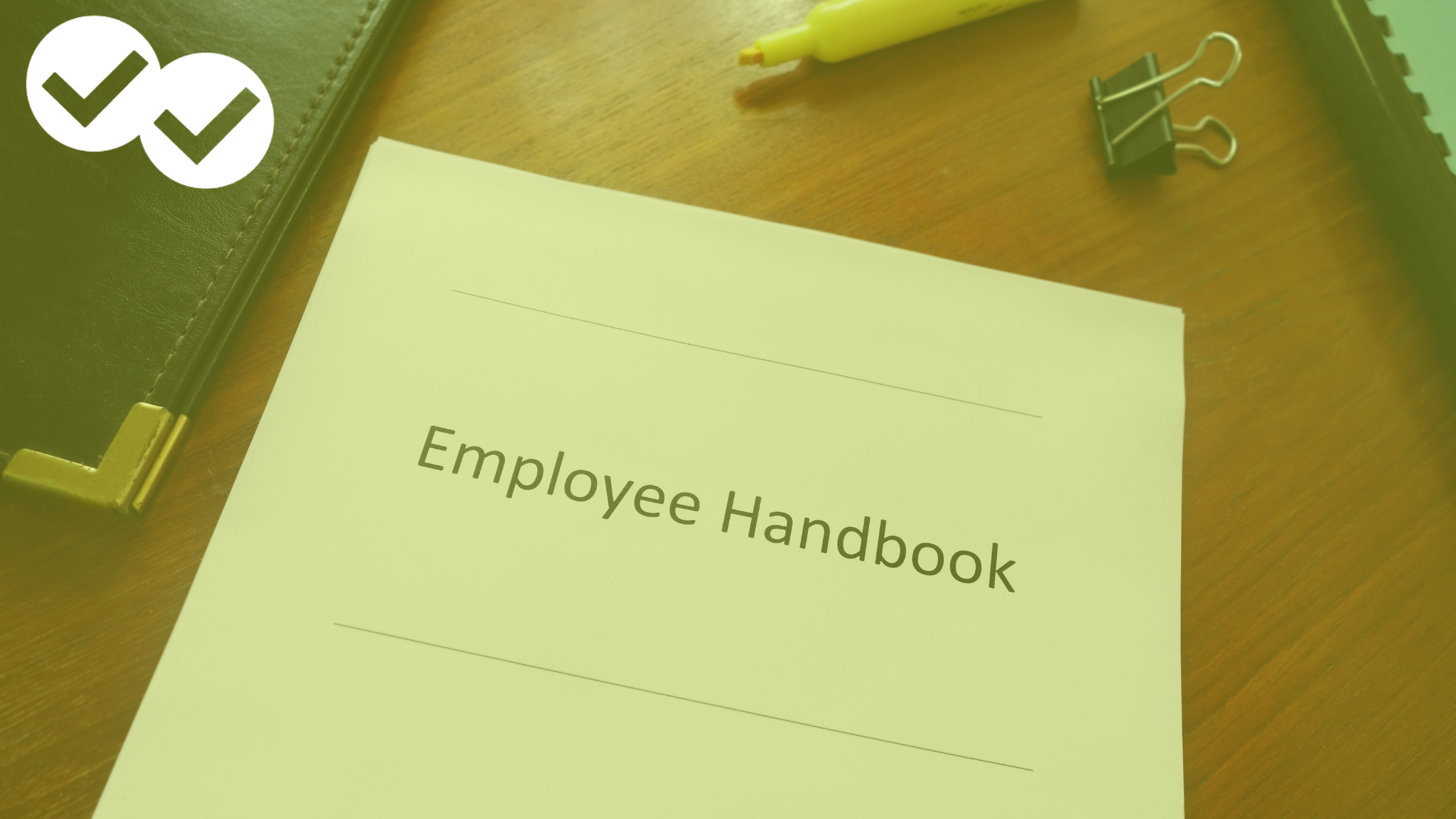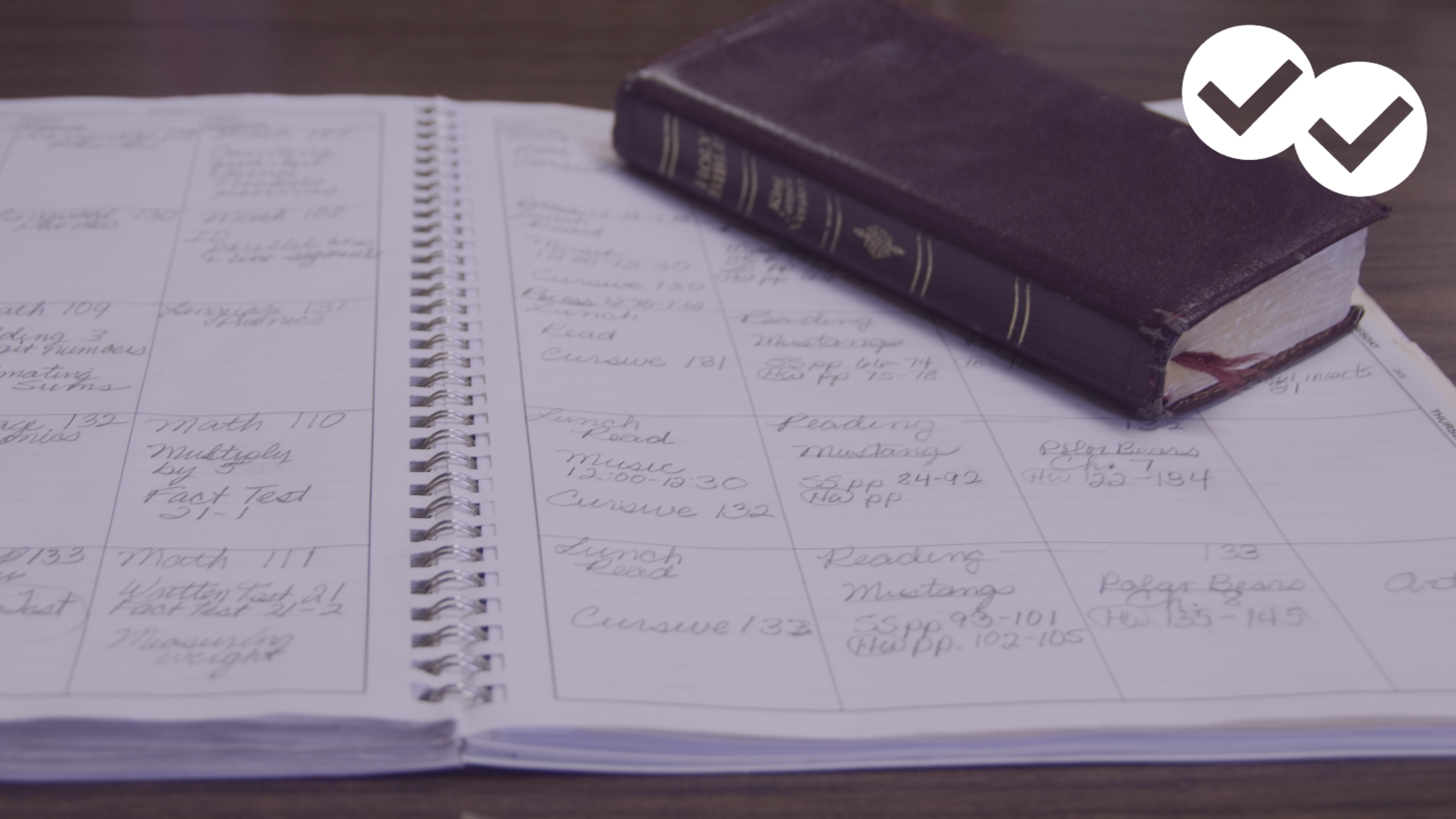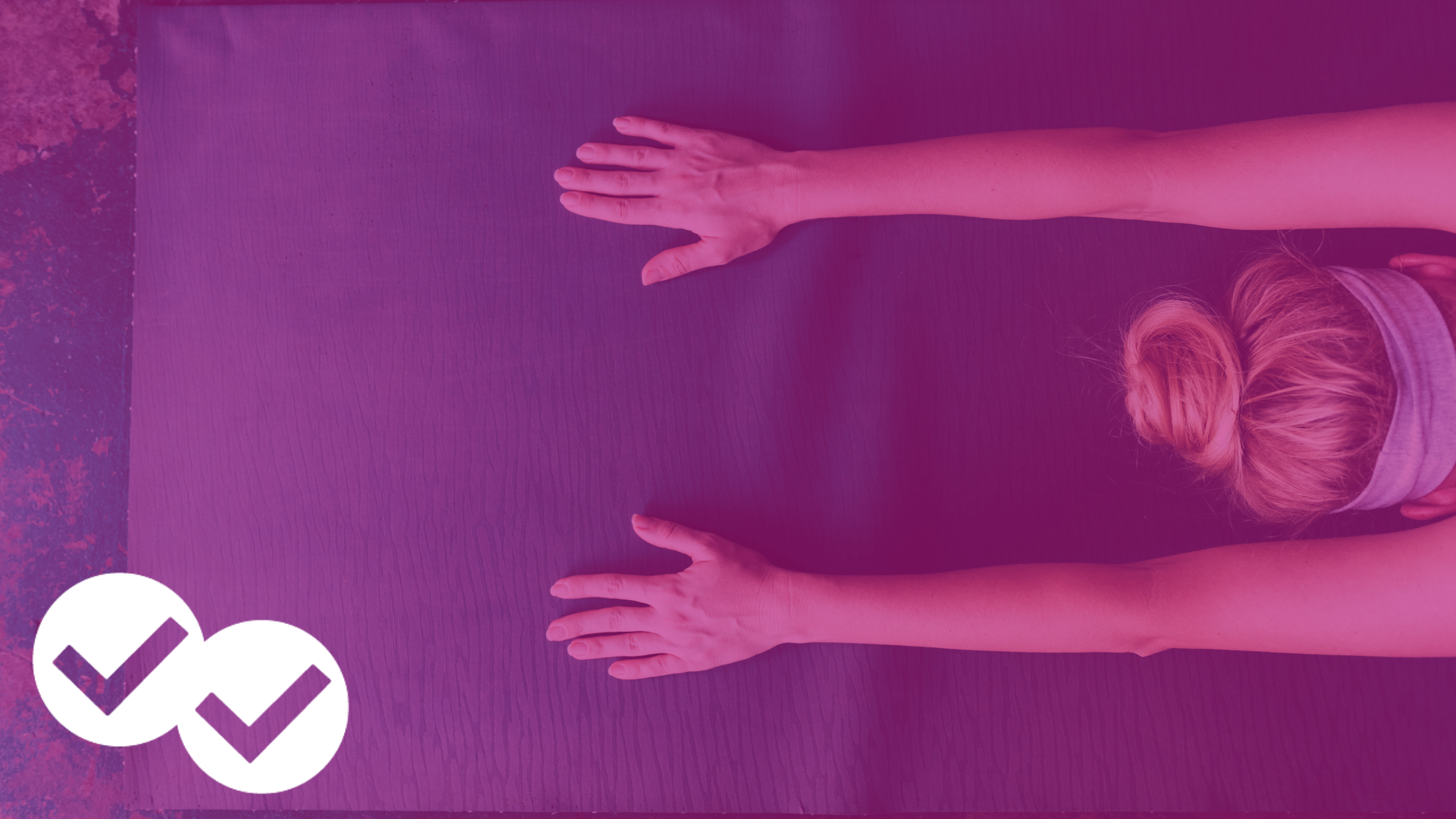4 min read
The First Year Teacher's Guide to Starting the Year Off Right
![]() Nadyja Von Ebers
:
Aug 28, 2021 11:16:26 AM
Nadyja Von Ebers
:
Aug 28, 2021 11:16:26 AM

If you're a new teacher who's just kicked off, or is about to kick off, your first year teaching, congratulations! You're officially joined one of the most important and exciting professions on the planet.
That said, being a first-year teacher can be incredibly overwhelming and it's likely you'll put quite a bit of pressure on yourself to knock it out of the park.
Below are some of our favorite tips for starting your year off right and setting yourself up for success!

Put a Support System in Place (And Use It!)
We really can't stress this one enough. As a first-year teacher, you will be tired. You will be stressed. You will have questions. You will be confused. You will be pumped up and want to talk about your new job!
So you will need a group of trusted people to turn to -- both personally and professionally.

At school, is there a department head, colleague, or veteran teacher you can turn to with any questions or concerns?
And outside of school, make sure that you have a friend or two that you can discuss professional stressors with. We highly recommend having other teacher friends in your social sphere (even if you don't teach at the same school) so that you can bond, vent, gush, and share resources with other like-minded individuals who understand the unique challenges and joys of being a teacher.
Also, it's important that you celebrate your wins with your support system, not just your challenges. What went well in the classroom this week? What are your students doing to make you proud? Share this with your support system!
Get to Know Your Colleagues
This one may sound obvious but unless you're co-teaching, it can be easy to feel disconnected from your colleagues (because as teachers, we're all really busy). Take any opportunity you can to connect with your fellow teachers -- in the lounge, at meetings, during lunch or your free periods, etc. Swap phone numbers or grab dinner if you're comfortable doing so. The more you feel like you're part of a community, the easier your job will be!
And by the way, the same goes for getting to know the office staff and all other employees throughout the building. You'd be surprised how much better and efficient your day is when you're greeted with familiar faces and you know who to ask for what!

Prepare Your Classroom
You probably spent some time prepping your classroom over the summer but you'll have a better idea of what's working and how you want to set things up once your students have arrived.
If you're allowed to decorate, think about what you might want to hang up in your classroom. Where will you put homework bins? How do you want to set up your desks? Configuring, decorating, and maintaining your classroom can be one of the best parts of being a teacher (especially if you enjoy organization).
Another thing to keep in mind is the supplies you'll want and need. Your school will probably give you some of what you'll need, but we all have our preferences when it comes to materials and tools. Will you need a three-hole punch, for example? Multi-colored dry erase pens? A projector? Stock up as early as possible and don't be afraid to reach out to administration to ask for what you need!

Spend Time on Your Syllabus
If you haven't started class or passed out your syllabus yet, take a little time to review everything on it. Which school-wide or class-specific polices do you want to include? What materials do the students need? What do you feel your students must know in order to succeed in your class? Will you provide a schedule of due dates on your syllabus as well?
If possible, consider asking a seasoned teacher in your department to see an example of their syllabus for inspiration and/or formatting requirements.
Plan Your "Getting to Know You" Activities

How will you get to know your students right off the bat? Will you play some type of game? Ask a general question that everyone answers for the group?
If that isn't your speed (and it isn't for a lot of students, who sometimes feel put on the spot or shy), you can always consider assigning your students a questionnaire or a personal email they send you that answers some questions about themselves.
Think about what you'd love to know about them. Their hobbies? Strengths and weaknesses academically? Favorite subjects? Make sure to frame this "getting to know you" activity with your genuine curiosity about and compassion for your students. It goes a long way with students to know their teachers care about them!
Study the Handbook
It's a good idea to familiarize yourself with the rules and protocols of your school, both for the faculty and students. What is the dress code? Can students leave campus? To what extent can you create your own classroom processes and policies and which are school-wide? More than likely, you'll go over these things in some sort of training or orientation, but it's always good to have a handbook on hand.

Prepare for Back-to-School Night
Back-to-school night usually happens during the first couple of weeks of school and involves a visit from students' families. Typically, you'll have a short "meet and greet" of sorts, where you get to introduce yourself and class.

The challenge is that you won't have a lot of time (usually parents have about 10 minutes with each teacher), so prepare ahead of time with the most important things you want to share about you and your class. If you could only say three things about your class, yourself, and your teaching style, what would they be? What values and teaching philosophies do you want to communicate? Is there one policy you'd love help reinforcing at home? Parents and family members typically have many questions that you simply won't have time to answer, so have your contact information at the ready for them so they can follow up with you at greater length at a different time.
Make Plans, But Be Flexible
Planning a whole semester, quarter, or even a curricular unit at large can be super challenging for a first-year teacher because, quite simply, you don't have a basis of comparison for how long it takes to cover content that you haven't taught before or haven't taught in this context.

That said, it can still be helpful to see an extended schedule laid out in advance, to give you a general sense of the pacing, key dates for assessments like tests or projects, final exams, and so on. So make your plans as extensive as you'd like, but also know that inevitably, things will change. Sometimes you'll get through a lesson more quickly than expected and sometimes you'll need to spend longer than you anticipated teaching a particular concept. It's totally okay to adapt your schedule and and re-route as you go, but remember to mindful of and prioritize the content that is most crucial to get through in a given amount of time.
Make Self-Care Mandatory
We know, you've heard the term "self care" everywhere, but it really can't be overstated how important rest and rejuvenation is for first-year teachers (and really all teachers!) so make sure you're getting enough sleep, eating well, moving your body, and doing things that you genuinely enjoy in your time outside of the classroom.

Your first year teaching will be a whirlwind, but if you're caring for your body and mind, it will go much more smoothly!
Happy new school year and good luck!

